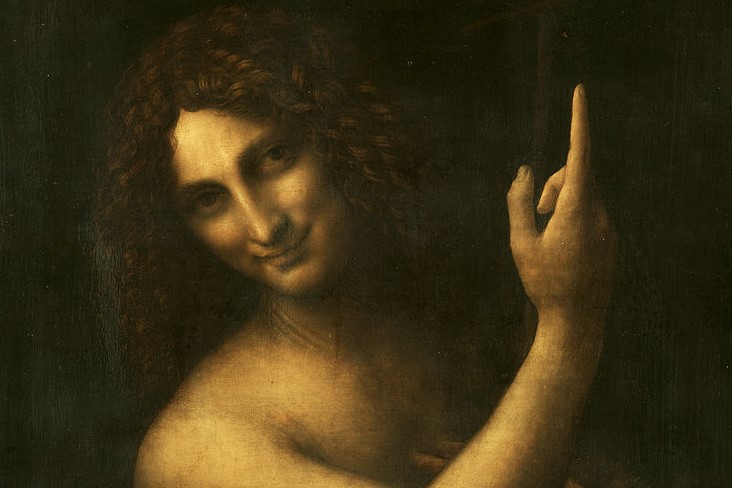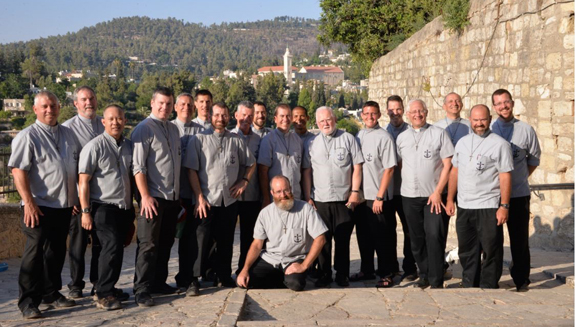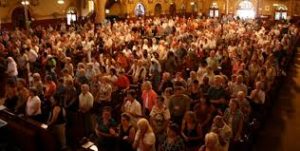 Most of us recognize the beauty of the religious life. For most, the beauty of monasticism stands out. But its other forms us as beautiful as well because love is the motivating center. But why is the religious life beautiful? In order to answer that question we should first list the classical criteria of beauty. Thomas Aquinas says three things are necessary for beauty:
Most of us recognize the beauty of the religious life. For most, the beauty of monasticism stands out. But its other forms us as beautiful as well because love is the motivating center. But why is the religious life beautiful? In order to answer that question we should first list the classical criteria of beauty. Thomas Aquinas says three things are necessary for beauty:
First, (1) integrity or perfection, for things that are lacking in something are for this reason ugly; also (2) due proportion or consonance; and again, (3) clarity, for we call things beautiful when they are brightly colored.
Since Christ is Love made visible and religious life is conformity to Christ, religious life is a continuation of that love made visible in Christ. Love is perfect, showing forth integrity (1). There is no lack. It is the perfection of all things. It is harmonious and proportionate (2). It does not undermine a(they part or add superfluity. The parts are united into a harmonious whole (order). Lastly, it shines forth (3). It communicates itself, bringing others into its life.
If religious life is an intense participation in the Christ life which is Love, it will meet these three criteria. In an age full of thrills but lacking in beauty, Dostoyevsky’s prophecy that “beauty will save the world” needs to be taken seriously. Taking into consideration what was said above, then it makes sense to say the beauty of the religious life is integral to saving the world because in and through it Christ is encountered.



